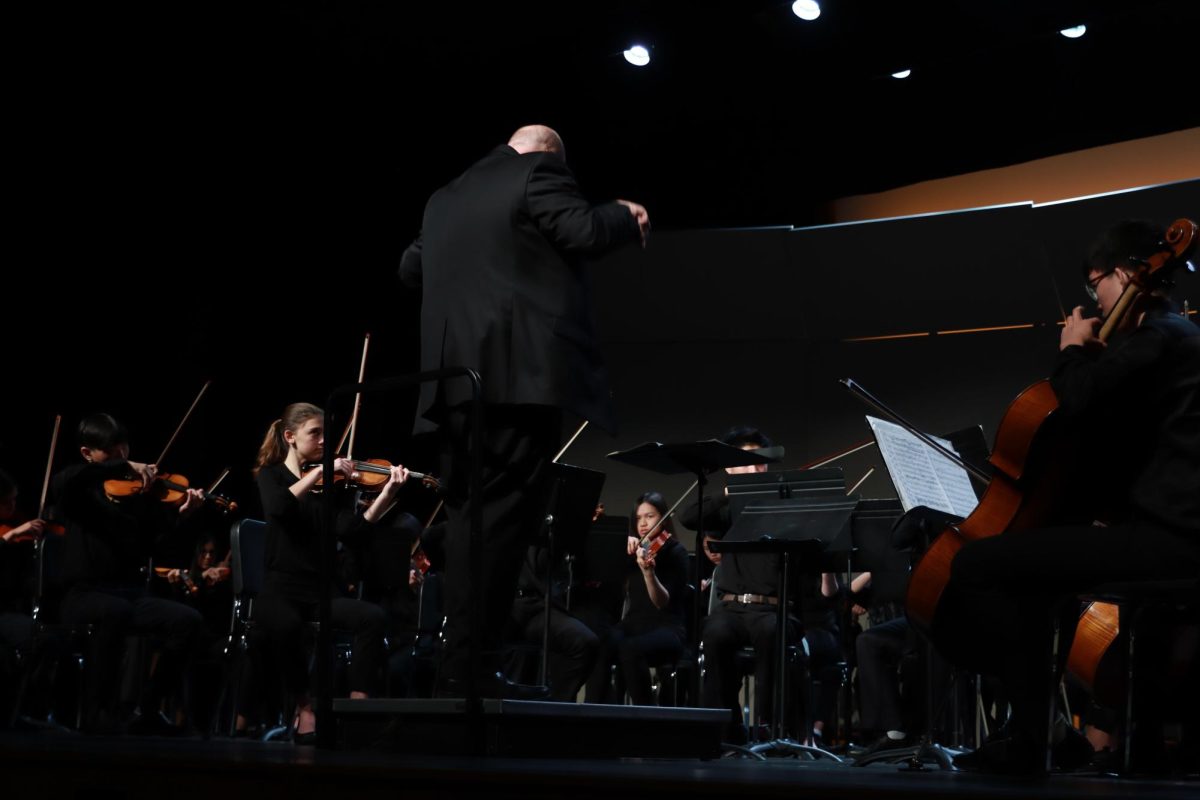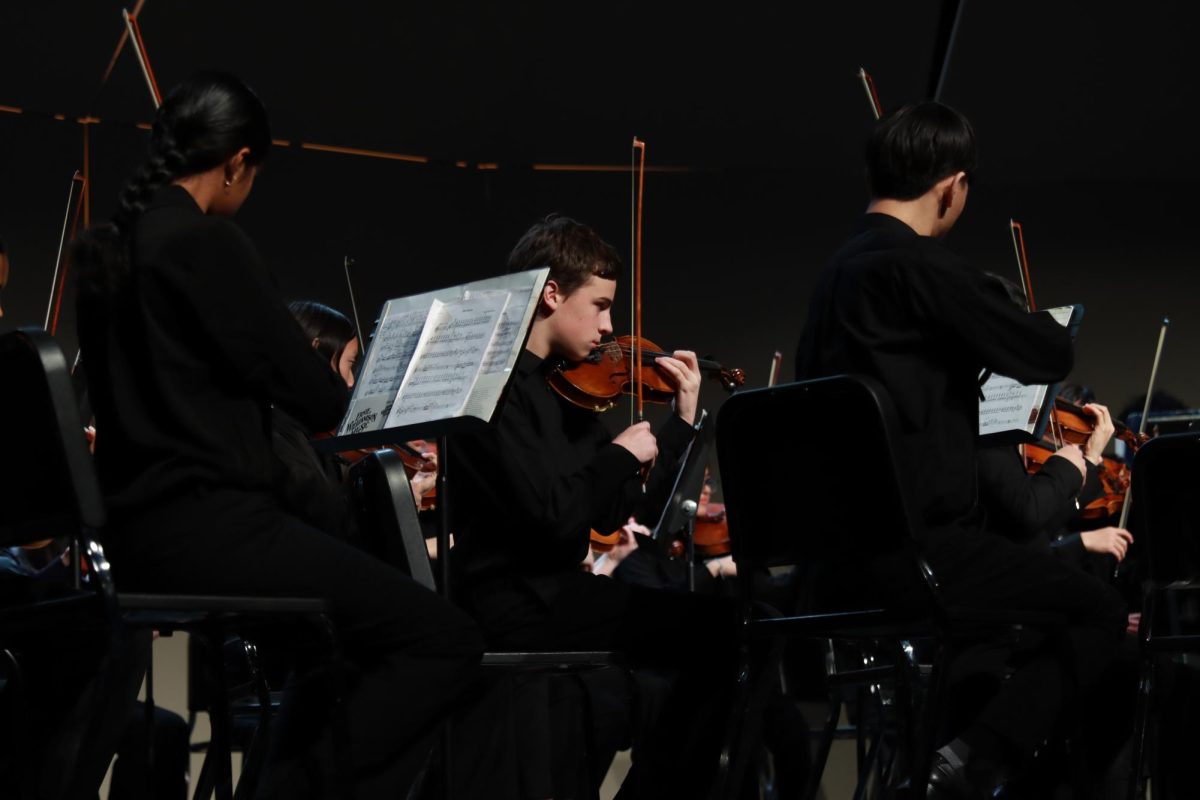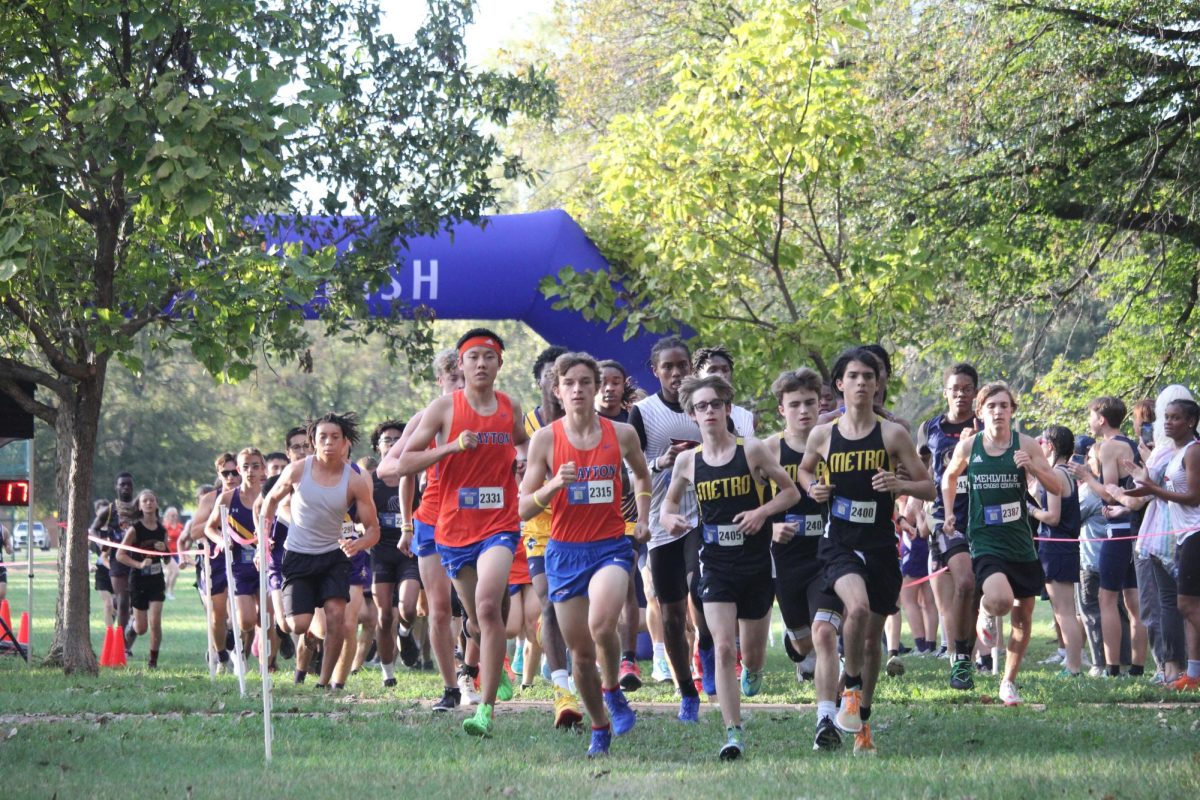On Wednesday, October 10th, over a dozen students and teachers woke up early to discuss one question: should teachers and students have the right to show and express their political beliefs in school.
 This issue is so important that it has even been taken to the Supreme Court multiple times. The most well known case is called the Tinker vs. Des Moines School District. In that case, a couple students decided to wear black armbands in protest of the vietnam war that was going on at the time.
After the principals of the school heard about the movement, they created a policy that would suspend any student from school for wearing any armbands to school. But this is not the only case. Other cases included teachers wearing campaign buttons to school or simply expressing their political opinions to their students.
CHS History teacher Debra Wiens even shares her own personal experiences, “I recently had a discussion with educators and judges about whether it is acceptable to teach a middle and high school lesson about state laws with regards to weapons in schools. Some very intelligent, educated people expressed the concern that such a topic should be off-limits in public schools because it is a ‘politically-charged’ topic and ‘weapons are dangerous.’  I disagreed. I believe that more, not less, education produces better citizens. Educated people are more likely to use reason, not emotion, to solve problems.â€
How do the students at CHS feel about this issue? Because of the diversity at CHS, many people have many different ideas about the subject. Some students strongly agree with allow teachers to express their political views.
“As long as teachers don’t try to convince their students to change their own views, it’s ok for teachers to express their own beliefs,†says freshman Victoria Yi during the discussion.
Other students have agreed, saying “teachers are like all other humans and have opinions. This doesn’t just apply to politics, teachers have opinions on everything. When they are talking about an issue in class, they should show their opinions.â€
On the other hand, many students also believed that teachers shouldn’t express their opinions, saying “education needs to remain somewhat objective†and “people start getting in trouble when they try to argue their side.â€
One important aspect of influencing teachers influencing the political or even religious views of students is not only what teachers choose to do, but it’s even an issue with what they have to do.
“I believe about 70 percent or more of our social studies curriculum teaches about political ideas and religious beliefs,†said Kurtis Werner, a CHS history teacher, who is also the sponsor of politics club and the one who set up the discussion about this topic.
Not only is it impossible to teach history class without political and religious subjects, it’s also impossible to be completely unbiased. Debra Wiens, also a history teacher says, “I certainly have personal views but I am not confident that they are absolutely correct. Let’s be honest. It is impossible for human beings not to be biased.â€
Instead of fussing over small matters such as teachers wearing campaign buttons or students wearing armbands, but instead focused on the big picture. So what if a teacher influences their students? Is that bad?
“Of course we have an impact on students’ political/religious views,†Werner concludes, “A student-teacher relationship can have a significant influence on a child’s development that may last a lifetime. The bottom line is that material needs to be presented from a secular, moderate viewpoint to allow students to create their own political philosophies and develop their own viewpoints on religion.â€







